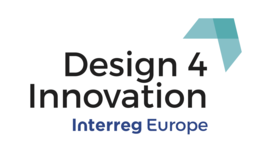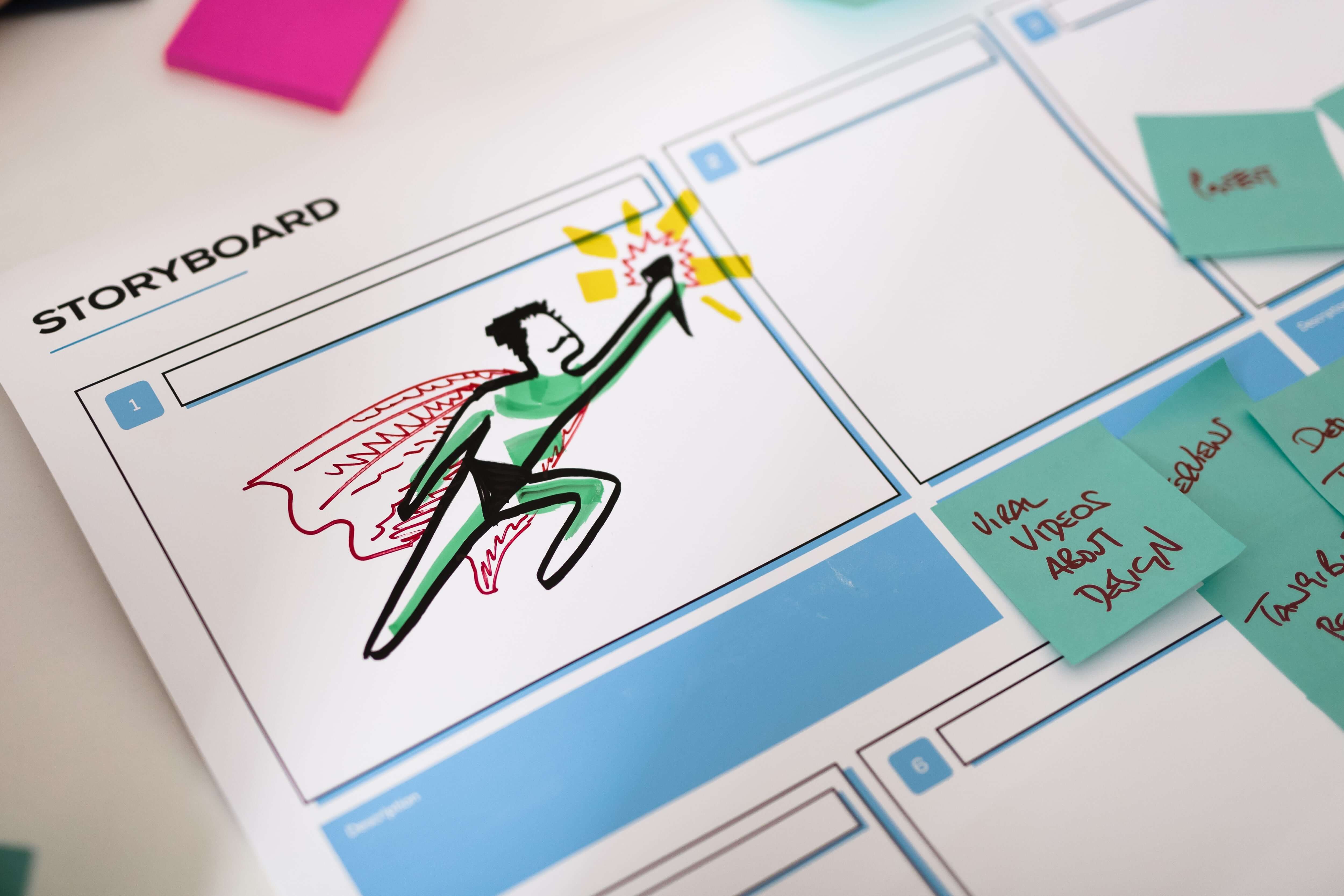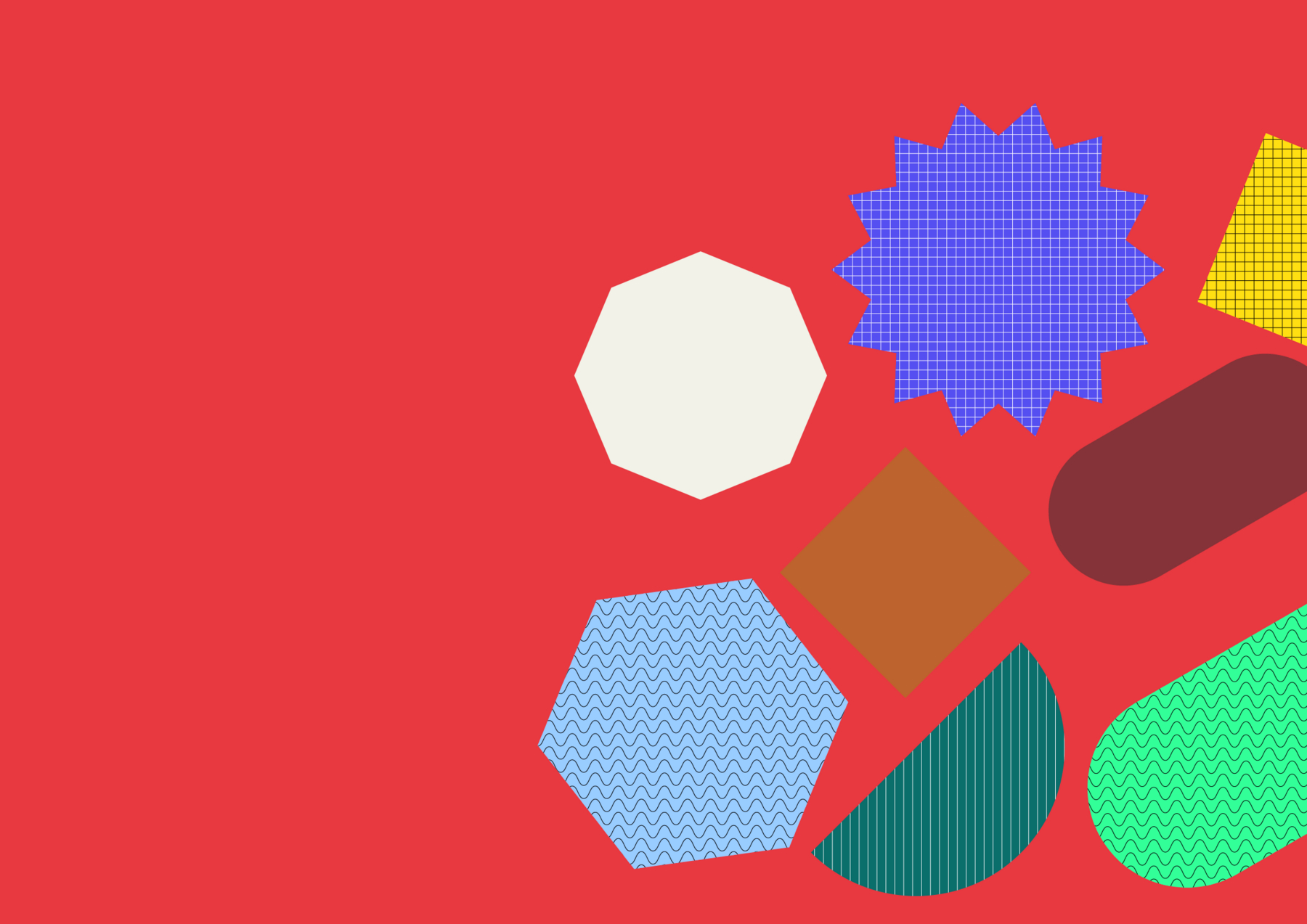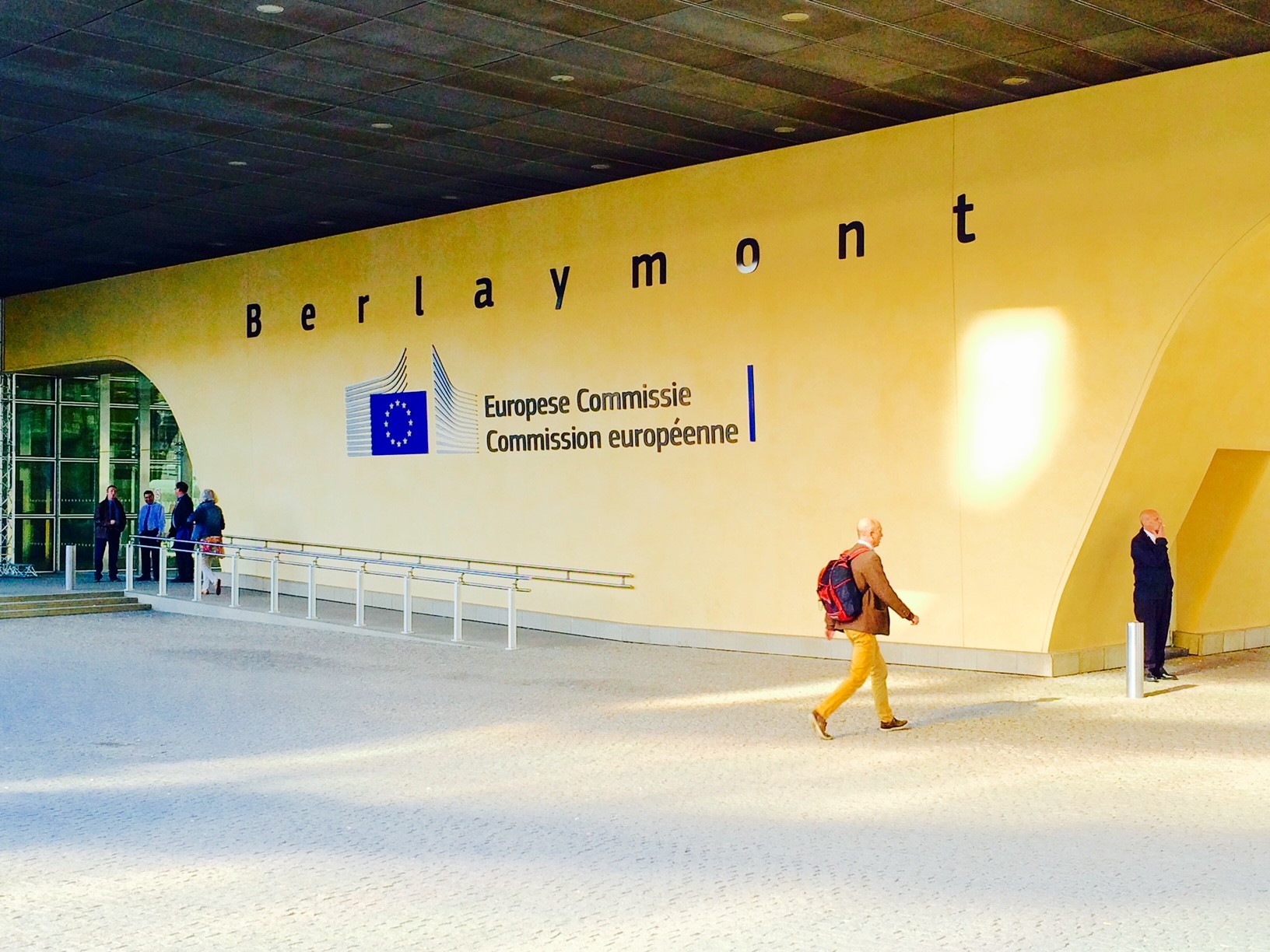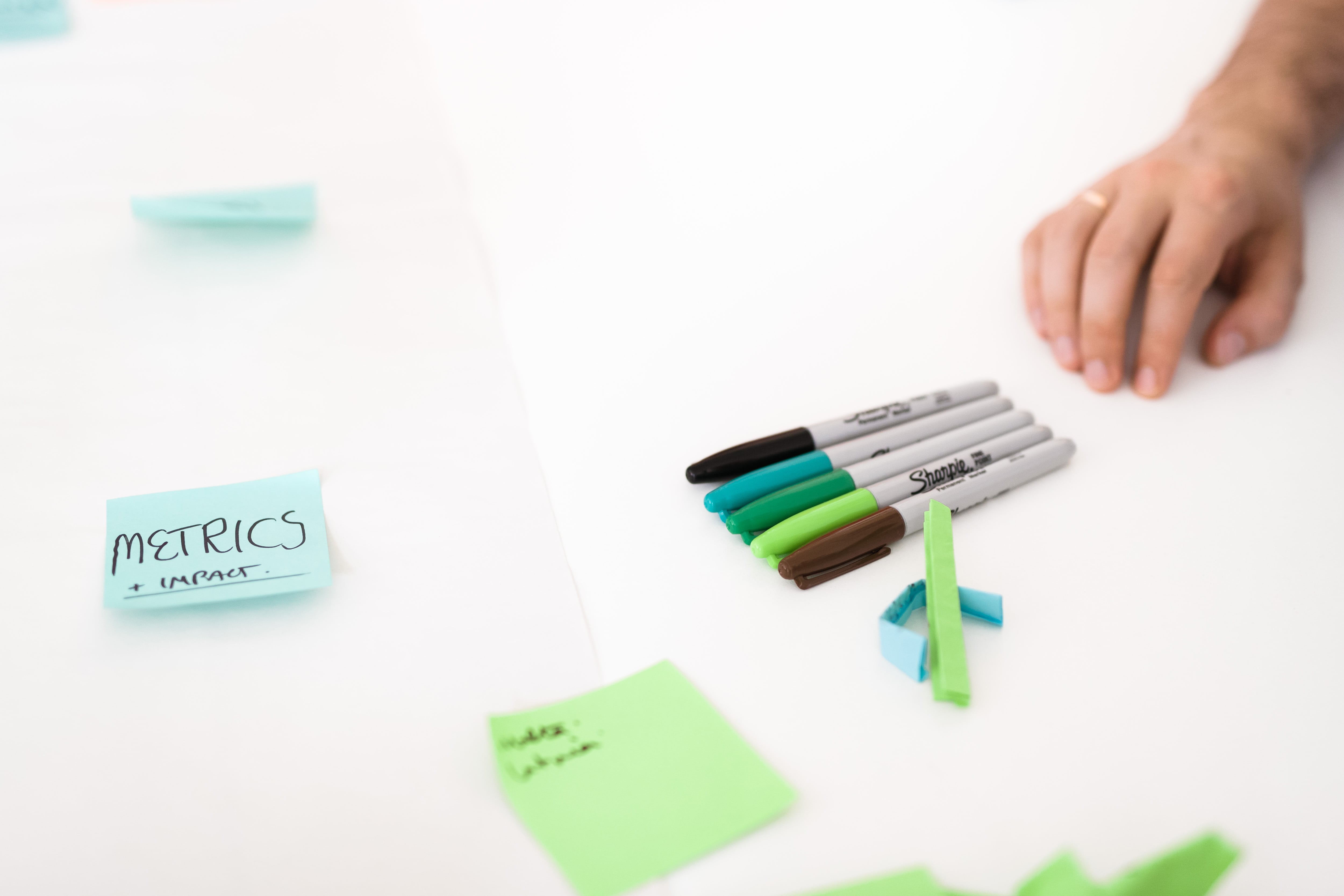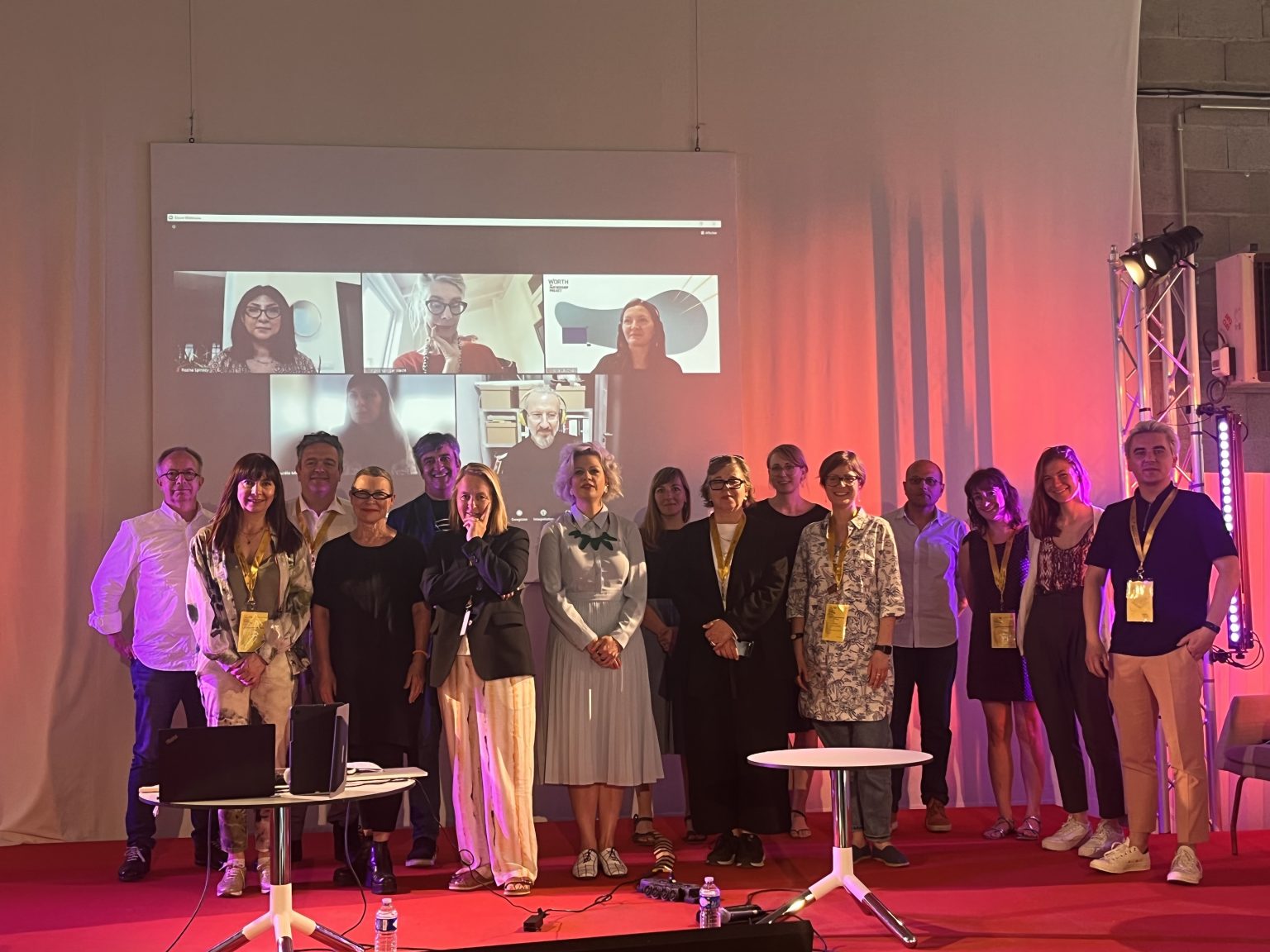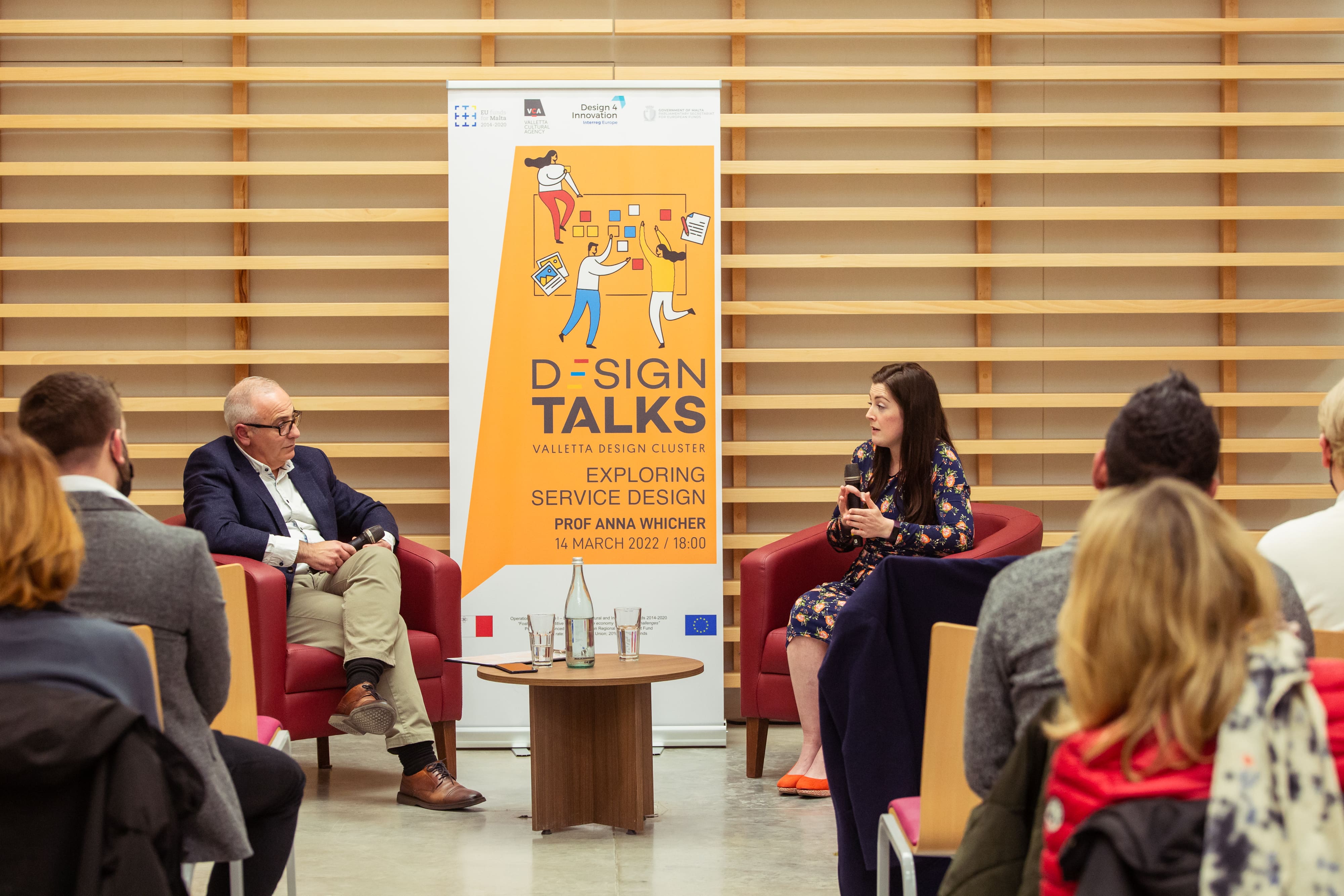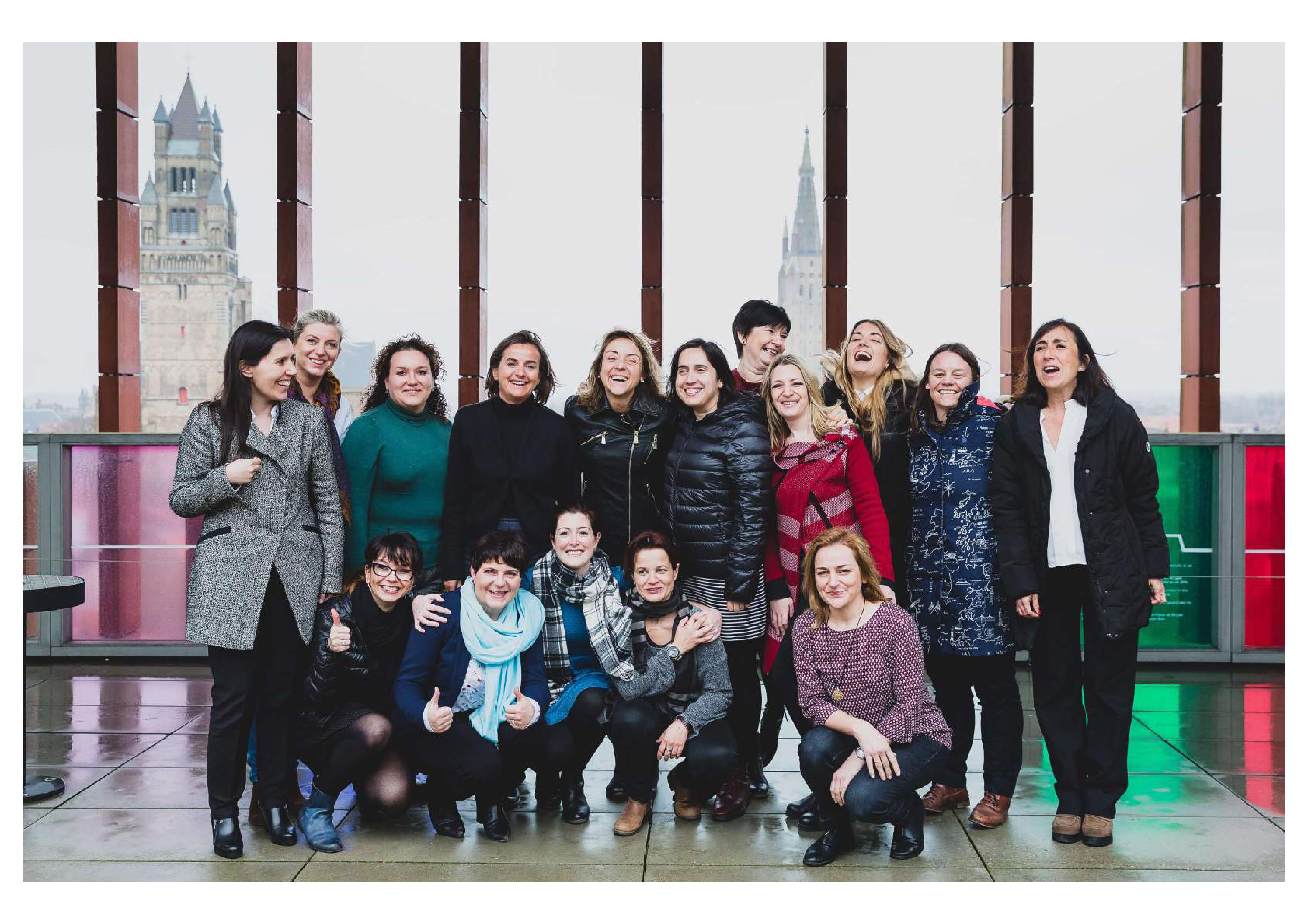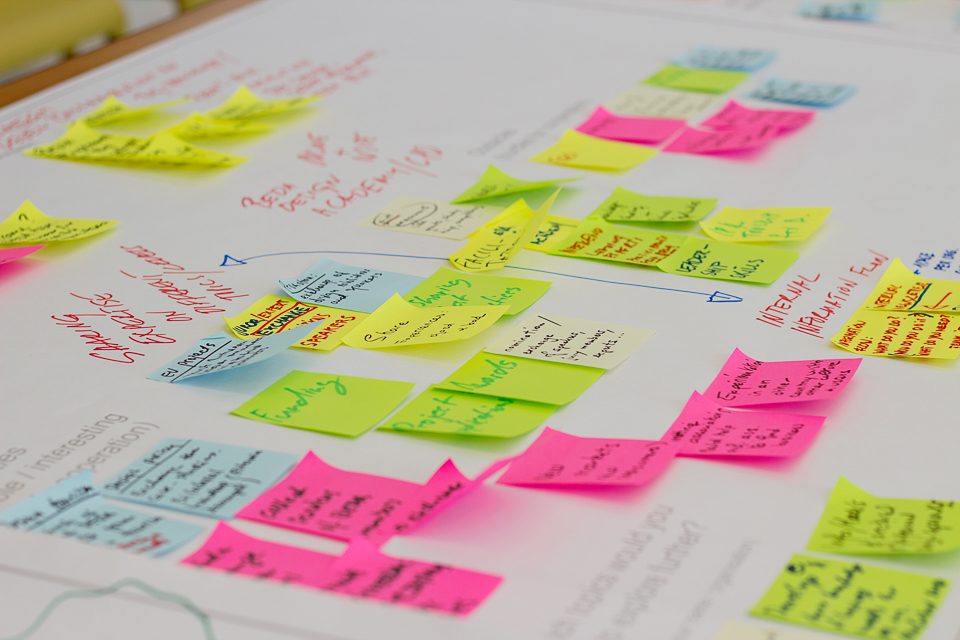To mark the launch of Design for Innovation project, the lead partner - PDR / Cardiff Metropolitan University, organised Innovation Coffee Morning on 25 January 2017 for its co-workers. We presented the project activities, aims and anticipated impact.
To encourage our colleagues to get involved in the project activities, we facilitated a quick mapping of business and design support initiatives in Wales. This was a good warm-up exercise before the first project workshop focused on Mapping Design Ecosystems, that will take place on 7th-9th March 2017 in Bruges, Belgium.
